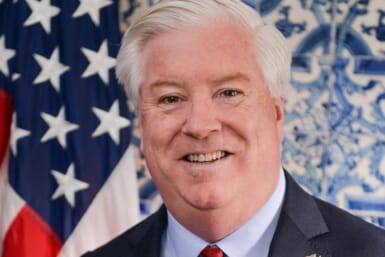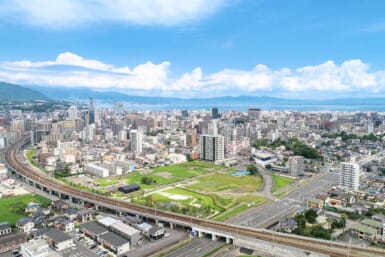Japanese Prime Minister Shinzo Abe concluded his weekend visit to Mongolia on Sunday with a key energy deal, a move also intended to check China’s rising influence in the region.
Abe met with Mongolian Prime Minister Norov Altankhuyag in Ulan Bator – the first time for a Japanese premier in seven years – where the two leaders pledged greater cooperation on energy and security. Abe also pushed for Japanese involvement in the long-stalled Tavan Tolgoi coal project, one of the largest coal mines in the world, that could guarantee energy security for Japan.
“Mongolia is an energy giant, and both countries can create a win-win relationship, with Japan’s technological prowess,” Abe told a joint news conference Saturday, adding that the two nations already had a “strategic partnership”.
Both sides also agreed to accelerate talks toward the establishment of an economic partnership agreement, reports The Asahi Shimbun.
Japanese officials said the Mongolian trip should not be viewed as “anti-Chinese” but have stressed the need to strengthen ties with “nations that value freedom and democracy”, according to the Wall Street Journal.
However, officials in Beijing expressed alarm over Abe’s weekend visit. “The visit made it clear that Japan is pursuing a diplomatic policy to counter China,” a source close to the Chinese Foreign Ministry said.









